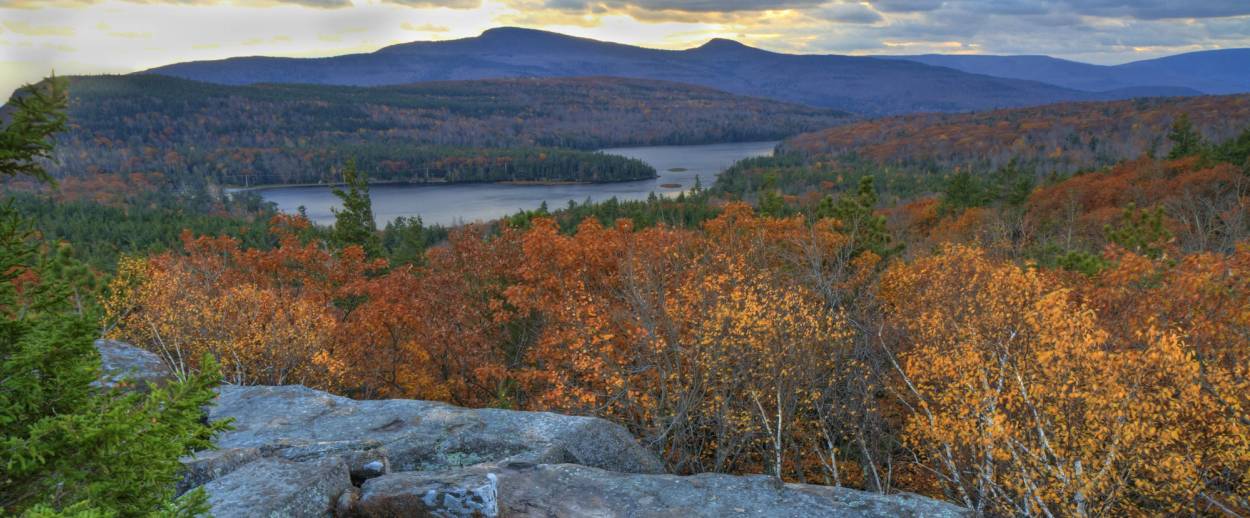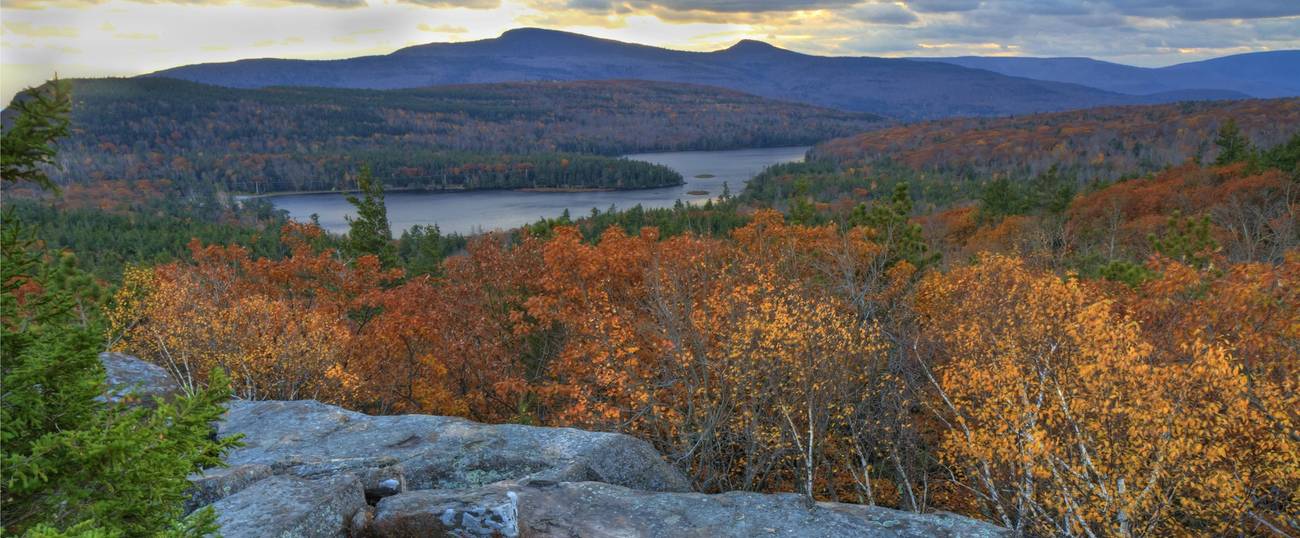Colony Collapse: Catskills Bungalows Hit By Zoning
Venerable Jewish vacation spots to be replaced by upscale housing




The Catskills bungalow colonies that have played host for countless Jewish vacationers for decades are now becoming extinct. On Monday, the Times Herald-Record reported that new zoning regulations in Sullivan County, NY, updated last October, have encouraged developers to replace the bungalow colonies with “new year-round summer homes, townhouses and modulars.” This is partly because the old bungalows no longer meet state building codes. For example, the Times Herald-Record reports that the bungalows were built on “stilts or cinder block piers” not actual foundations. The re-zoning is also a decided attempt to reduce clutter and restore the open countryside that has been destroyed by the sheer number of bungalows scattered across the county.
“Those towns have updated their zoning laws to create less density by specifically prohibiting bungalow colonies,” reports the Times Herald-Record. Those towns include Sullivan County’s largest—Thompson, Bethel, Liberty, Mamakating and Fallsburg.”
The development marks the end of an era of Jewish holiday making which began during the economic boom of post-World War II America. The financial flourishing of the country meant that the concept of “vacationing” became mainstream for American families. However, anti-Semitism and ethnic discrimination was rife, and Jews were barred from many popular holiday resorts and country clubs. But the Catskills offered fresh mountain air and acres upon acres of greenery, so it soon became an immensely popular destination for New York’s city-dwelling Jewish population.
The area’s popularity peaked during the fifties, sixties and seventies and was known as the Borscht Belt. It was home to iconic hotels like Grossinger’s, Kutsher’s and the Pines Hotel. Pit stops like the Red Apple Rest fueled vacationer’s cars and vacationers themselves as they traveled to and from these hotels and the bungalow colonies, which served as miniature Jewish communities. Tablet contributor Roslyn Bernstein has recounted the history of one such colony in which urban teenagers would work as farm hands and competitive baseball and handball games were arranged with neighboring colonies.
However, in the last few decades of the 20th century, the vibrancy of the Catskills began to decline. With the bigotry of the first half of the century fading into history, the hotels began to close as business flocked elsewhere; what were previously iconic establishments eroded into ruins. In 2012, Tablet contributor Marisa Scheinfeld produced a photo project of what is left of these resorts, with each photo revealing eerie remnants of buildings that were once brimming with life and activity. Now, with the bungalow colonies inhabited predominantly by Hasidic and Orthodox Jews, the new zoning laws may signal an end to even that (architectural) era.
Previous: Kutsher’s Resort Will Be Demolished This Month
Related: The Ruins of the Borscht Belt
Kutsher’s TriBeCa Comes of Age
Remembering the Spot Where People Filled Up on Their Way to the Catskills
At a Catskills Reunion, a Bungalow Colony’s Past and Present Come Together
VoxVault: No Place Like Home
Jas Chana is a former intern at Tablet.